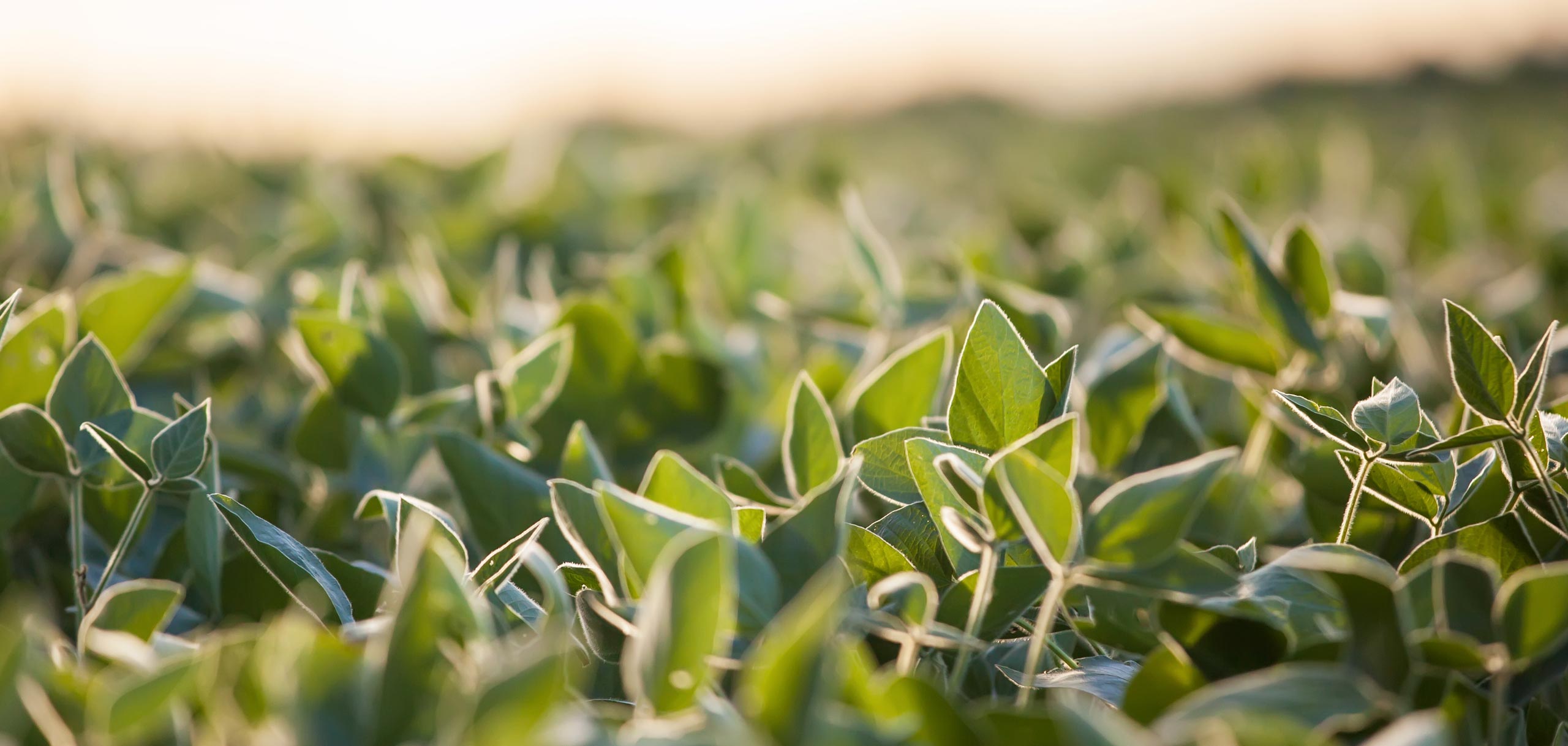USSEC Distributes Pesticide Data Report, Assures Overseas Regulators and Customers of U.S. Soybean Safety and Quality
- Category:
- General News

USSEC recently distributed the 2013 USDA Pesticide Data Program (PDP) report to their overseas offices and applicable consultants. The PDP chronicled the extensive 2012 testing by the United States Department of Agriculture (USDA) of both U.S. soybeans and U.S. rural drinking water supplies for any violative agricultural chemical residues. No residue violations were detected. The PDP, while not designed for enforcement of tolerances, does inform the U.S Food and Drug Administration and the Environmental Protection Agency (EPA) if residues exceeding the tolerance are detected or if no EPA residue tolerance has been established for a residue found. The EPA uses PDP data in its verification process to ensure all sources of exposure to pesticides meet the safety standards set forth in the 1996 Food Quality Protection Act.
USSEC Technical Issues Director Kim Nill explains that because the USDA stopped issuing its annual U.S. Ag Chemical Usage report some years ago due to budgetary reasons, some anti-biotech activists recently begun publishing their own unofficial reports in which they asserted that U.S. farmers have massively increased the amounts of herbicides applied per acre in order to combat herbicide-resistant weeds in the U. S. These “reports” utilized the last USDA report’s data from the 2006 crop as a starting point, then extrapolated upward from these amounts to get their estimated amount of herbicide applied to the 2012 U.S. crop. Mr. Nill continues, “Because these ‘reports’ had begun to alarm some overseas regulatory officials and some of our overseas soy customers, USSEC wanted to reassure our customers of the quality and safety of U.S. soy.”
The PDP report will be utilized by USSEC offices, along with the separate annual USSEC report that covers agchem residue testing done on U.S. export-bound soybeans, to continue to confirm to overseas regulators and customers that U.S. soybeans do not have excessive amounts of ag chemicals applied to them and that U.S. soybeans remain the safest and most sustainably-produced soybeans in the world.